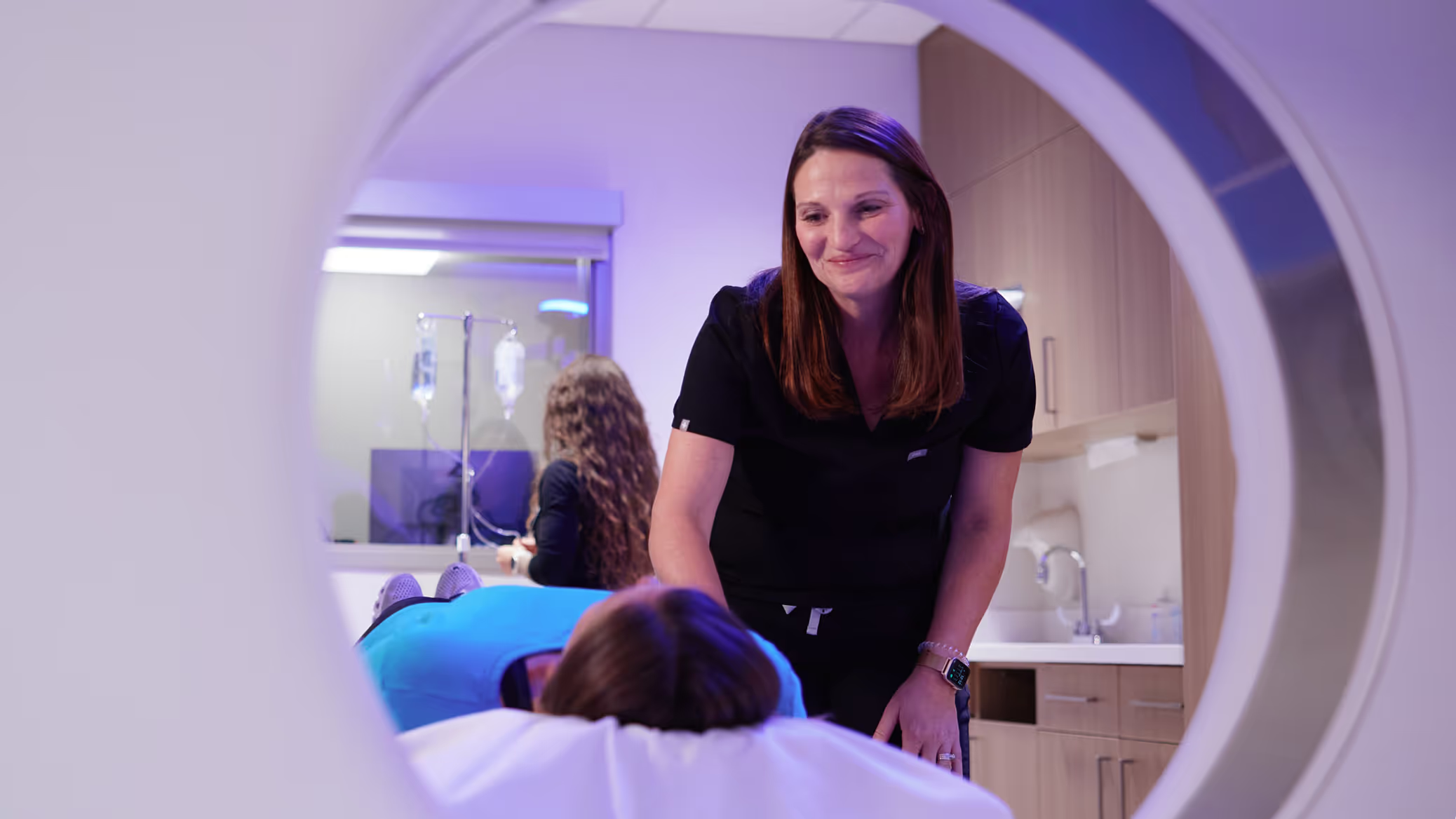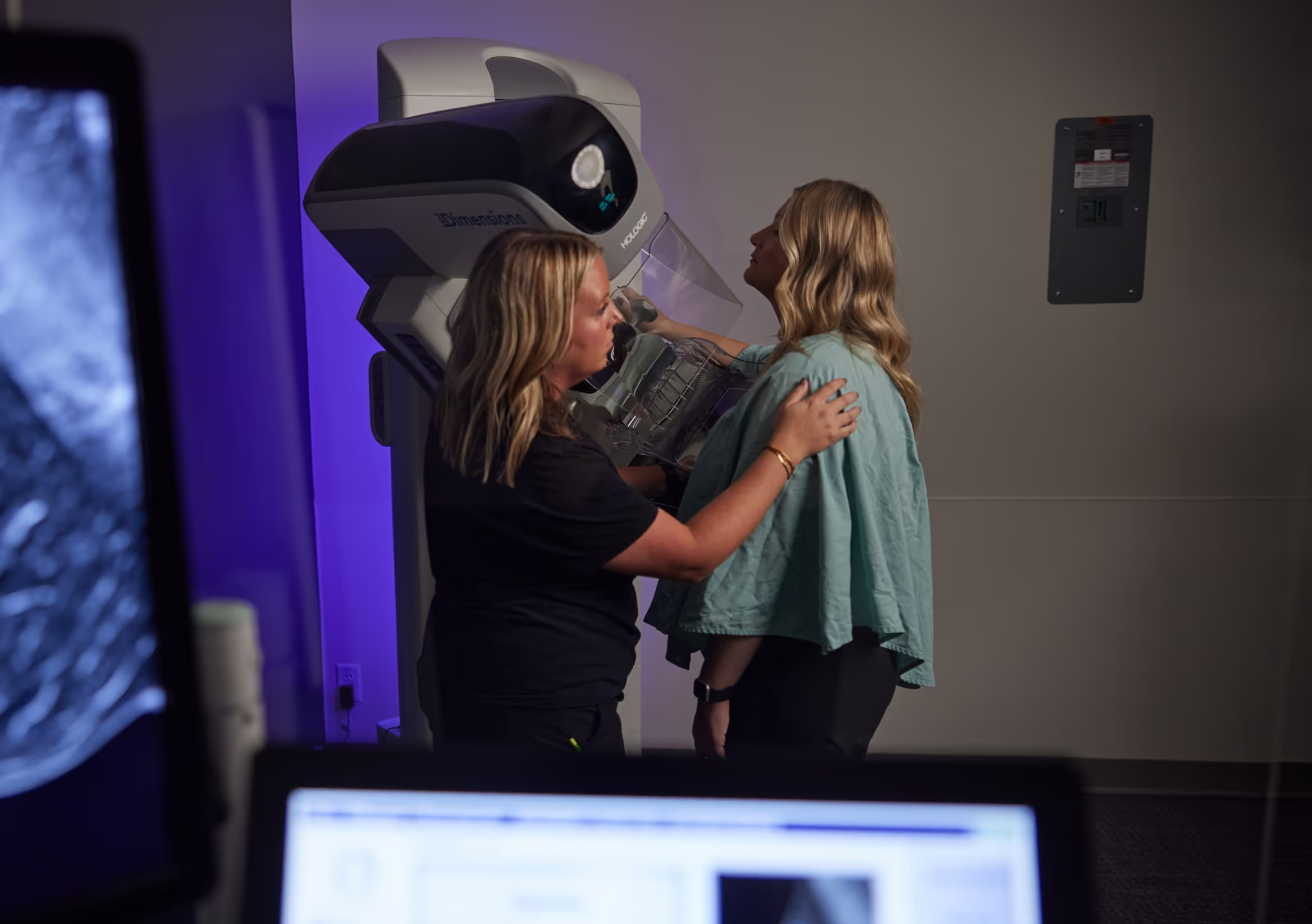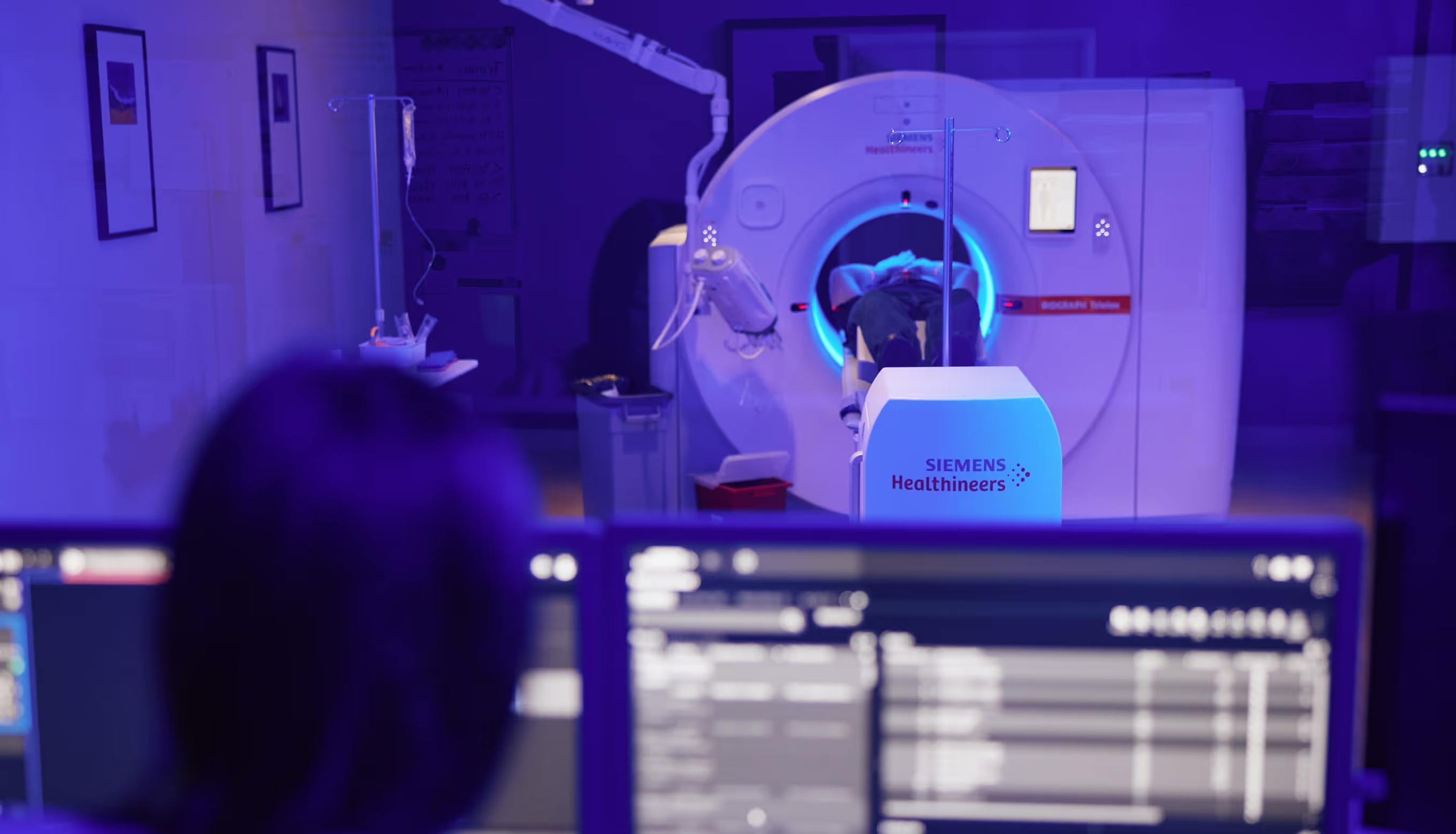Procedures
Guiding Care Through Advanced Imaging
At Iowa Radiology, imaging is only the beginning. We provide a full spectrum of diagnostic and interventional services–including MRI, CT, ultrasound, fluoroscopy, and X-ray–using state-of-the-art technology in a comfortable outpatient setting.
Our board-certified radiologists and highly skilled technologists are dedicated to delivering precise results and clear communication that guide the next steps in your care. All our equipment and facilities are accredited by the American College of Radiology (ACR), ensuring the highest standards of quality and safety.
We make imaging simple and accessible with convenient scheduling, easy online registration, and a focus on timely, patient-centered care. At Iowa Radiology, you can expect excellence at every step–from the moment you schedule to the moment your provider receives the insights that guide your care.

Procedures
Procedures
Featured Articles
Schedule an Appointment
At Iowa Radiology, we strive for excellence in everything we do. You can expect easy access, convenient scheduling, and timely service.







